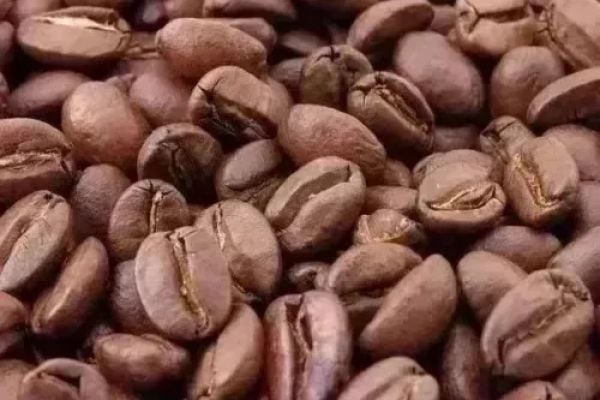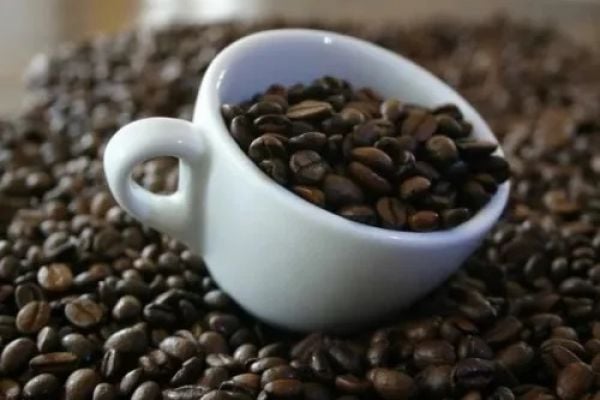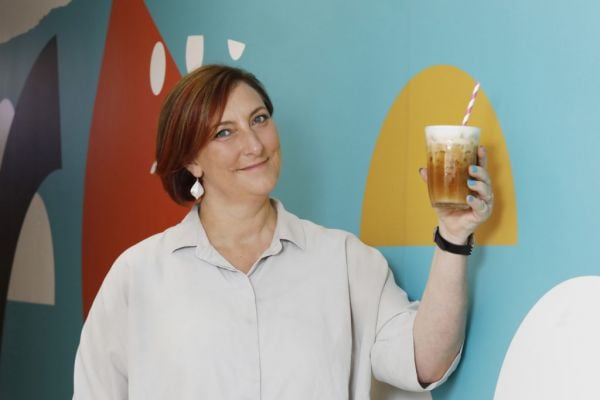Coffee traders are trying to have thousands of bags of arabica coffee that once were part of the certified stocks at Intercontinental Exchange (ICE) graded again and recertified so they can return to ICE's stocks, according to traders and analysts.
Details
The so-called recertification process is unusual, particularly with such a large volume of nearly 270,000 60-kg bags.
While it is not illegal, market participants say the process raises questions about the quality of the certified stocks, because recertified coffee, if regraded and approved, will enter ICE warehouses as if it were new coffee and not years old product.
Generally, when traders take coffee out of certified stocks, they intend to sell it to roasters. In this case, they would sell it back to ICE and make a profit since the recertification erases penalties that are applied as coffee ages in warehouses. The older the coffee, the larger the discount.
The risk for the traders who want to regrade the coffee is if a large part of the coffee fails grading.
Certified stocks have been falling quickly this year, as market participants bought those bags, because they are cheaper than lots in the spot market. ICE stocks currently stand at about 570,000 bags, their lowest since June 1999.
However, beginning 8 August, daily ICE reports started to show thousands of bags of coffee waiting to be graded to enter ICE stocks in Antwerp. On Tuesday 16 August, 263,259 bags were pending grading.
Later on Tuesday 16 August, ICE said in a report that the first 30,720 bags were graded from the large pending volume, and 18,560 passed.
Soft commodities expert Judith Ganes from J.Ganes Consulting said the bags are of Brazilian origin and were delivered to ICE between November 2020 and May 2021.
By her calculation, they have age-related penalties ranging from 4.25 cents to 7.25 cents per pound. That is how much a trader could gain per pound if the coffee returned to ICE is priced at current market value. KCc1
ICE does not say in its reports if volumes pending grading have previously been certified or not. The exchange did not respond to a request for comment.
Ganes, as well as other market participants, say they are sure that this is a recertification case, because recently-harvested coffee is currently being offered in the physical market at large premiums to futures due to supply tightness.
So, it would not make sense for someone to buy coffee in the market to deliver to the exchange.
"They (traders) probably got that coffee out of ICE stocks to sell it in the market, but in the end didn't find enough buyers, so they are trying to return it to the exchange," said an executive at a large coffee importer in the United States.
Funds Increase Shorts In Sugar, Add To Long Position In Coffee
The above news followed news that apeculators increased their net short position in futures of raw sugar on ICE US in the week to 9 August, while adding lots to their bullish bets on arabica coffee, data from the Commodity Futures Trading Commission (CFTC) showed on Friday 12 August.
Funds added 4,121 contracts to their bearish bet in raw sugar, taking their net short position in the sweetener to 71,509 lots. They increased their net long position in arabica coffee by 2,517 lots to 16,057 contracts. Speculators' short position in cocoa was little changed to 23,734 lots.
News by Reuters, edited by Hospitality Ireland. Click subscribe to sign up for the Hospitality Ireland print edition.









